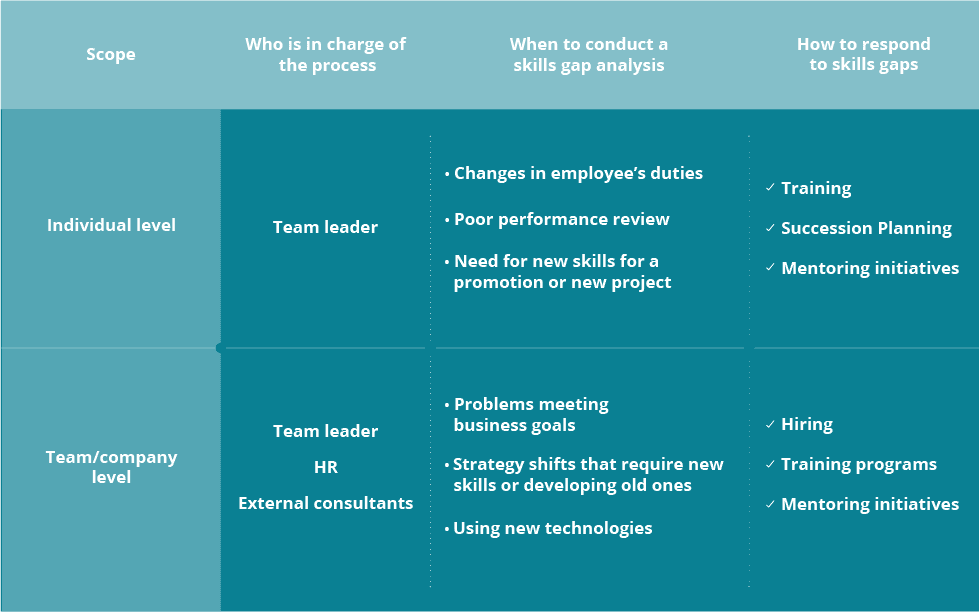A STEM Skills Gaps Impact Directly Tech Innovators And Fail To Keep Up With Industrial Disruption
8 Sept 2022, 3:00 am GMT+1
Science, Technology, Engineering and Maths are key to the innovative small businesses that are set to make up a significant proportion of the Government's future industrial strategy. Research and innovation are the main drivers behind the industry disruptors that make up our world leading SME sector and the keys behind this are the skilled individuals that form these businesses. However, there is a skills gap that means that these key roles are often going unfilled as young people leave school and university without the relevant skills. This has never been of more importance as more than 50% of modern jobs require some degree of technology skill, with experts predicting that this percentage will increase to 77% in the next decade. If we are not proactive in teaching these skills
the gap is only likely to grow
apace with the increasing numbers of tech related jobs.
Key stats (taken from research compliant with the British polling council, over a nationally representative sample of 2006 people)
- 54% of people feel their professional success is down to personal merit, conviction and perseverance and not the guidance of academic or professional support
- Only 17% feel that they had clear guidance from teachers, professors and career advisors regarding the choices to make in order to get the career they wanted
- 29% of 18-34 year olds have been advised to be more realistic in their career goals by those who influenced their career progression.
- 10% of jobs created in the UK are tech based
- Businesses are facing a shortfall of 173,000 skilled workers costing STEM businesses £1.5bn a year
- 43% of STEM vacancies are suffering from a shortage of applicants with the required skills and experience
 Skills gaps analysis. Source: workable.com
Skills gaps analysis. Source: workable.com
Mark Brownridge, Director General of the Enterprise Investment Scheme Association, has commented on what this skills gap means for British small business,
“The Government's industrial strategy and changes to the 'knowledge-intensive' portion of the Enterprise Investment Scheme have made it clear that innovation is at the forefront of future plans for the UK economy. The SME sector contributes £2trillion each year to Britain's economy, this crucial pillar of the private sector is a world leader in new ideas and technology that will drive forward progress. It is, however, clear that the skills needed to push forward the businesses in their respective fields are often in short supply in those leaving university and school and applying for these jobs."
The expert thinks that there needs to be increased support for young people looking to study STEM subjects who will drive the technology sector forward in the future. The research and innovation coming from small businesses will be key to the private sector in the future. Small businesses especially can be hugely impacted by the skills present in their employees, with a smaller workforce there is less scope for a lack of relevant skills to go unnoticed.
Read More:
Share this
previous
5 Tips For Managing Rapid Business Growth
next
Constructing Leadership 4.0: The Practical Guide To Master The Challenges Of The Industry 4.0